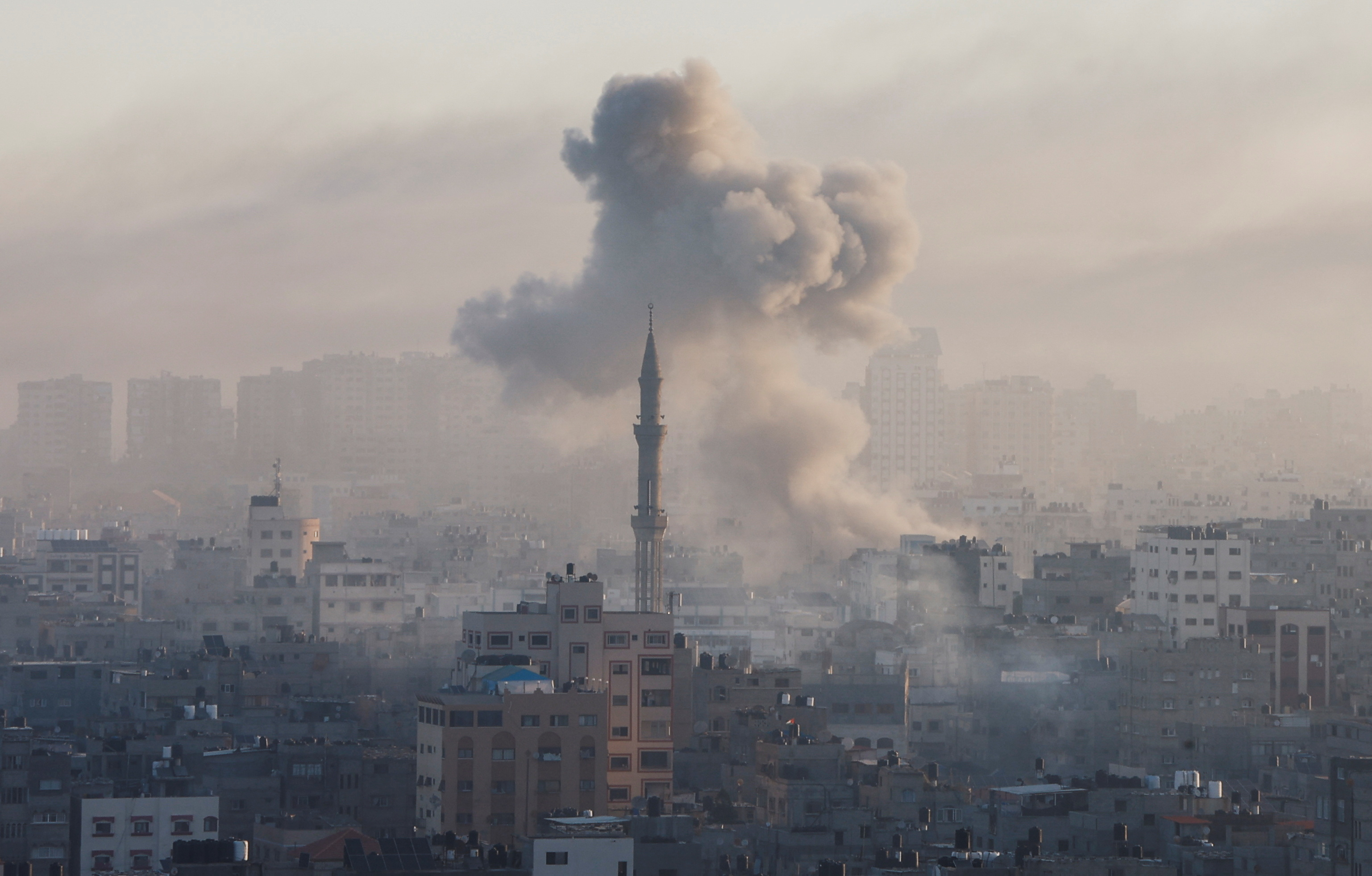President Christodoulides’ meeting with the Association of Tourist Enterprises (Stek), also attended by the deputy minister of tourism Costas Koumis, on Thursday had been arranged some time ago. It was not called to discuss the effects of the war in Israel on Cyprus tourism, as may have been the impression, listening to the comments made by the participants after the meeting.
Perhaps it was inevitable that the consequences of the war in Israel would have been discussed by tourism stakeholders at a scheduled meeting with the president, but there was no need for anything to be made public. While people in Israel and Gaza were suffering, grieving for lost loved ones, not knowing what the next day would bring, it seemed rather insensitive for the government and Stek to be discussing the impact this would have on Cyprus tourism.
We really did not need to be informed by the head of Stek, Akis Vavlitis, that cancellations from Israel were racking up. Nor was it necessary for Koumis, to say that the government was worried because Israel was Cyprus’ second largest tourist market and that it hoped the conflict would be over soon. Such public comments were totally inappropriate given what has been happening in Israel and Gaza in the last week. The meeting was entitled to discuss the effects of the war on tourism, but nothing should have been aired in public.
Otherwise, Cyprus has been very supportive, activating the ‘Estia’ Plan to assist third country nationals fleeing Israel and is playing host to thousands of Israelis who have left their country. There have been dozens of flights to and from Tel Aviv every day since the fighting began. Security around possible terrorist targets has also been stepped up and extra measures have been taken at the airports to ensure the safety of passengers. So far, there have been no incidents, as those reported in other countries, despite the sizeable Muslim population.
Meanwhile, the newly-formed, national security council met a few days ago to discuss the situation without making anything public. We suspect the main subject was security and the stepping up of measures to protect potential targets. The ministerial crisis management committee met again on Friday to review security measures and, according to an announcement also looked at the possible consequences of the war spreading to Lebanon, the implication being that there could be a mass arrival of refugees from there.
This is not the only danger facing Cyprus. With Palestinians being pushed into the south of the Gaza Strip, there is the likelihood they could spill into Egypt and from there take boats to Cyprus. At present the Rafah crossing point between Gaza and Egypt is closed because of Israeli air strikes on the Palestinian side, but US Secretary of State Antony Blinken has been in talks with Egypt and Israel about creating a humanitarian corridor for civilians to cross. Egypt is reportedly not keen on having hundreds of thousands of Palestinian crossing into the country, but it may eventually bow to pressure.
This could open the possibility of Palestinians taking boats to Cyprus, the closest EU destination. Cyprus authorities would be unable to turn them away as they would be fleeing a warzone, but is Cyprus able to take in more refugees? The two reception centres are dangerously overcrowded, with resources already stretched. So where would refugees be housed if there is an influx of Palestinians fleeing the war over the coming weeks? And if the war spread to Lebanon, there may be refugees arriving from there.
EU rules dictate that that a country must accept people fleeing war, but Cyprus is in no position to deal with an influx of refugees. Apart from being a small country, it is already host to a large number of migrants. These fears might not materialise, but it is of vital importance to be prepared for the worst-case scenario and to have an action plan in place. If there is no plan, we would be faced with a chaotic situation that would be very difficult to manage and have adverse consequences on all aspects of life on the island.
We would hope the government has contacted the European Commission to formulate a contingency plan and to secure support from other member-states, because it could not be left on its own to handle a new refugee crisis. President Christodoulides said on Friday that he is in contact with all neighbouring countries, but it is Brussels that the government should be in contact with, because an influx of refugees to Cyprus should be treated as an EU problem.
A possible refugee crisis should be the chief concern of the government and not the fall of tourist bookings from Israel.







Click here to change your cookie preferences